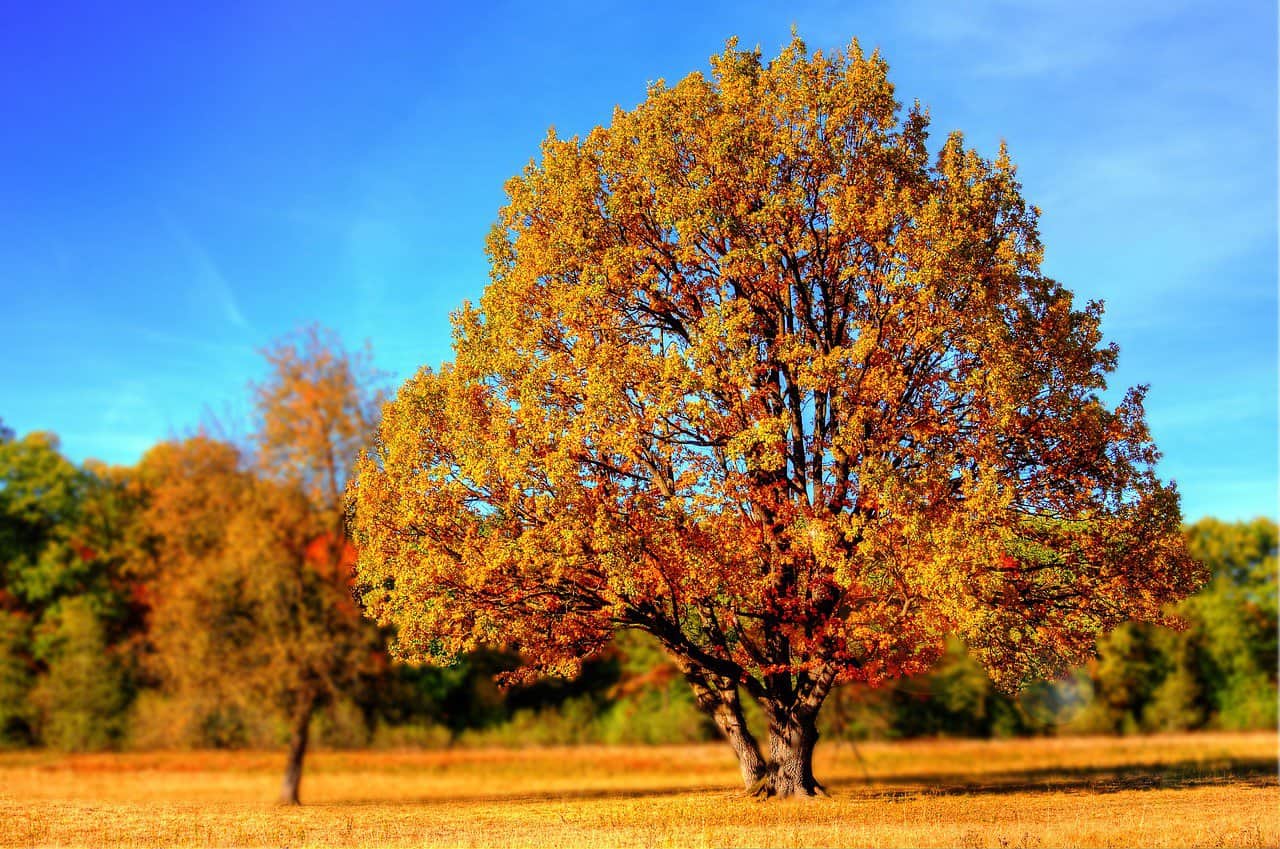by Jay Watson, Co-Executive Director, New Jersey Conservation Foundation
This past July was the hottest month on record globally, with heat impacts especially severe in urban areas lacking a robust green tree canopy.
In what’s known as the “urban heat island” effect, asphalt and concrete absorb and retain the sun’s warmth. Even after sunset, there’s little relief because streets, sidewalks and parking lots continue to radiate heat for hours. Adding to the problem is heat produced by buildings, vehicle engines and industry.
Adding trees to the landscape can make a huge difference in the quality of life of city residents sweating it out in heat islands. Shade from trees can reduce surface temperatures by 11 to 19 degrees. And by releasing water vapor into the atmosphere through their leaves, trees cool the air around them.
In addition to helping mitigate extreme heat, urban trees and forests also absorb stormwater, create habitat for wildlife, filter impurities from air and water, and add natural beauty. This leads to better physical and mental health for residents — and can even lower crime rates.
Cities in New Jersey and beyond are about to get cooler, thanks to an historic investment in planting and nurturing trees in urban areas across the country. Last week, the U.S. Department of Agriculture’s (USDA) Forest Service announced a billion dollars in urban and community forestry grants through the federal Inflation Reduction Act.
In New Jersey, the Forest Service awarded grants totaling $23 million to 10 New Jersey communities and nonprofits:
New Jersey chapter of The Nature Conservancy — $8 million for the Newark Tree Canopy Initiative, which will develop a long-term maintenance program to optimize tree health, launch a green workforce development program to bolster the local economy, and measure the benefits from trees planted.
New Jersey Tree Foundation — $4.2 million for its “Planting Environmental Justice One Tree at a Time” project, which will focus additional resources on tree maintenance; and expand education programs to include broader issues of climate, equity, and science.
Camden City — $3 million to plant trees along major commercial and high-velocity roadways, install trees at in-development public housing complexes, plant new and maintain existing trees within the Camden Business Improvement District, and plant trees at parks.
Jersey City — $2 million for its “Martin Luther King Drive, Green Corridor Outreach Program.” The city plans to partner with local organizations such as Sustainable Jersey City and Jackson Hill Main Street to create educational campaigns, and provide youth leadership and workforce development opportunities.
East Newark Borough — $1 million to hire a professional urban arborist to maintain the ecological health of the East Newark Riverfront Park, provide educational and inclusive programming for the community, and train the next generation of urban arborists.
Egg Harbor City — $1 million to create a plan for the removal of exotic invasive species on municipal and private properties. A certified tree expert will be hired to maintain trees along municipal roads, and conduct a proactive and systematic tree maintenance/monitoring program at Lincoln Park and Kern Field.
Hoboken — $1 million for an urban forestry project to plant trees, design and deliver educational community engagement activities, update maintenance and management plans, and implement tree-related workforce development activities.
Rahway — $1 million for a program to remove and replace hazardous trees that pose a threat to residents, ecosystems, and infrastructure.
Montclair — $1 million for a project to mitigate urban heat island hotspots by increasing the urban tree canopy in underserved communities, increasing education and outreach, and supporting youth employment.
Kearny — $548,000 to enhance and rehabilitate the forest canopy, increase shade and green space in recreational areas, capture stormwater, reduce pollution, prevent combined sewer overflows, and minimize flooding while facilitating groundwater recharge.
These grant projects are great news for this state we’re in, which is already in the midst of an ambitious effort to plant more trees in our cities.
As climate change continues to push global temperatures upward, natural solutions like planting new trees and forests – and protecting and maintaining the trees we have — will provide much-needed mitigation. Increasing shade and improving air quality, stormwater absorption, wildlife habitat and visual appeal in urban areas will benefit New Jerseyans for generations to come.
Planting trees and forests also helps New Jersey achieve environmental justice for all residents. A term that’s been used is “heat inequality,” which simply means that the urban heat island effect is having the most severe impacts on minority and low-income residents.
It is heartening to see these investments are not just for planting thousands of new trees, but include community engagement, workforce development and, very importantly, maintenance of the existing canopy that demonstrates a systematic approach to creating a green, equitable New Jersey.
“I’s thrilled to see this new green investment in urban forestry, especially in New Jersey, the nation’s most densely populated state. Climate change is bringing about record-breaking heat, and these projects will make our cities cooler and more livable,” said James Lyons, New Jersey Conservation Foundation trustee and former USDA Undersecretary for Natural Resources and Environment. “It is a hopeful sign that the nonprofit sector and urban communities are so committed to mitigating the impacts of climate change.”
To learn more about the new Forest Service grants, go to https://www.fs.usda.gov/managing-land/urban-forests/ucf/2023-grant-funding. For more information about the benefits of planting urban trees, visit the New Jersey Tree Foundation website at https://njtrees.org/.
And to learn about preserving New Jersey’s land and natural resources — including trees and forests — visit the New Jersey Conservation Foundation website at www.njconservation.org or contact me at [email protected].

